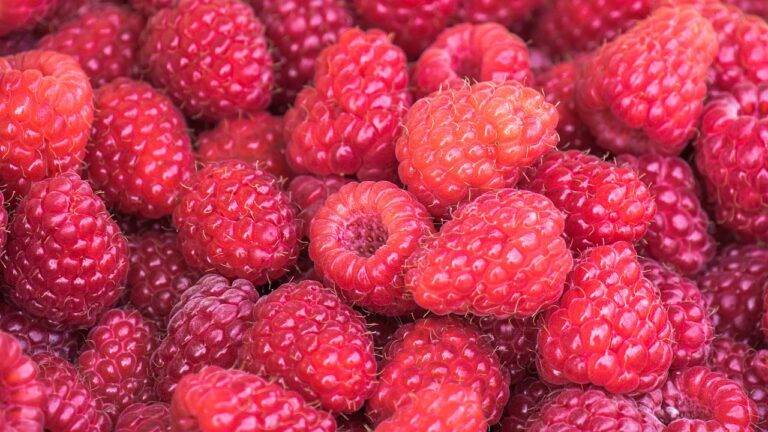The Rise of Plant-Based Cheese Alternatives: Market Trends
goldbet7, radheexch, 11xplayonline:The Rise of Plant-Based Cheese Alternatives: Market Trends
If you walk into any grocery store nowadays, you’ll notice a growing trend in the dairy section – plant-based cheese alternatives. From slices to shreds to blocks, there are more options than ever before for those looking to ditch dairy and opt for a more sustainable and cruelty-free option. But what’s driving this trend, and what does the market look like for plant-based cheese alternatives?
In this blog post, we’ll explore the rise of plant-based cheese alternatives, market trends, and what the future holds for this booming industry.
The Shift Towards Plant-Based Eating
In recent years, there has been a significant shift towards plant-based eating. People are becoming more conscious of their health, the environment, and the ethical treatment of animals. This shift has led to the rise of plant-based alternatives to traditional animal products, including cheese.
Plant-based cheese alternatives offer a dairy-free option for those with lactose intolerance, dairy allergies, or those looking to reduce their consumption of animal products. They are also a more sustainable option, as dairy farming has a significant impact on the environment in terms of water usage, land degradation, and greenhouse gas emissions.
Market Trends for Plant-Based Cheese Alternatives
The market for plant-based cheese alternatives is rapidly growing, with an increasing number of brands entering the space to meet the demand. According to a report by Grand View Research, the global plant-based cheese market is expected to reach $3.5 billion by 2027, with a compound annual growth rate of 12.8%.
One of the key drivers of this growth is the increasing popularity of plant-based diets. As more people adopt a vegan or vegetarian lifestyle, the demand for plant-based cheese alternatives is also rising. Additionally, the quality of plant-based cheeses has improved significantly in recent years, making them a more viable option for consumers looking for a dairy-free alternative.
Another factor driving the growth of the plant-based cheese market is the increasing availability of these products in mainstream grocery stores and restaurants. As more retailers and foodservice providers offer plant-based options, they are becoming more accessible to the general population.
Challenges and Opportunities for Plant-Based Cheese Alternatives
While the plant-based cheese market is on the rise, there are still challenges that need to be addressed. One of the main challenges is taste and texture. Many consumers are hesitant to try plant-based cheeses because they are concerned that they won’t taste as good as traditional dairy cheese. However, as technology and innovation continue to improve, plant-based cheese alternatives are becoming more indistinguishable from their dairy counterparts.
Another challenge is the cost of plant-based cheeses. In general, plant-based products tend to be more expensive than their dairy counterparts due to the higher cost of ingredients and production processes. However, as the market grows and economies of scale come into play, we can expect to see prices decrease and become more competitive with traditional dairy products.
Despite these challenges, the plant-based cheese market presents significant opportunities for growth and innovation. With consumers becoming more conscious of their health and the environment, there is a strong demand for sustainable and cruelty-free alternatives to traditional animal products. As more companies invest in research and development, we can expect to see a wider variety of plant-based cheese alternatives on the market, catering to different tastes and preferences.
Future Outlook for Plant-Based Cheese Alternatives
As the plant-based cheese market continues to grow, we can expect to see a shift towards more innovative and sustainable products. From artisanal nut-based cheeses to mass-produced soy and pea protein alternatives, the options for plant-based cheese alternatives are endless.
In the coming years, we can also expect to see more collaborations between traditional dairy companies and plant-based brands. Many dairy producers are starting to recognize the potential of the plant-based market and are either creating their own plant-based lines or partnering with existing plant-based companies to offer a wider range of products to consumers.
Overall, the future looks bright for plant-based cheese alternatives. As consumer demand for sustainable and cruelty-free options continues to rise, we can expect to see more innovation and growth in this exciting market.
FAQs
Q: Are plant-based cheeses healthy?
A: Plant-based cheeses can be a healthier alternative to traditional dairy cheeses, as they are often lower in saturated fats and cholesterol. However, it’s essential to read the labels and choose brands that use whole food ingredients and minimal processing.
Q: Are plant-based cheeses environmentally friendly?
A: Yes, plant-based cheeses are more environmentally friendly than traditional dairy cheeses, as they require fewer resources to produce and have a lower carbon footprint.
Q: Where can I find plant-based cheese alternatives?
A: Plant-based cheese alternatives can be found at most major grocery stores, health food stores, and online retailers. Look for brands like Daiya, Follow Your Heart, and Miyoko’s Creamery for a wide selection of plant-based cheeses.
Q: Can plant-based cheeses melt like traditional cheeses?
A: Yes, many plant-based cheeses melt like traditional cheeses and can be used in recipes that call for melting cheese, such as pizza, grilled cheese sandwiches, and macaroni and cheese.
Q: What are some popular types of plant-based cheeses?
A: Some popular types of plant-based cheeses include almond-based cheeses, cashew-based cheeses, and soy-based cheeses. These cheeses come in a variety of flavors and textures, making them suitable for a wide range of dishes.
Q: Are plant-based cheeses suitable for people with dairy allergies?
A: Yes, plant-based cheeses are a great option for people with dairy allergies, as they are free of lactose and casein, the two main allergens found in dairy products.
In conclusion, the rise of plant-based cheese alternatives is a trend that shows no signs of slowing down. With a growing market, increasing consumer demand, and ongoing innovation, we can expect to see even more exciting developments in this space in the years to come. Whether you’re a vegan, vegetarian, or just looking to reduce your consumption of dairy, plant-based cheese alternatives offer a delicious and sustainable option that’s worth exploring.





